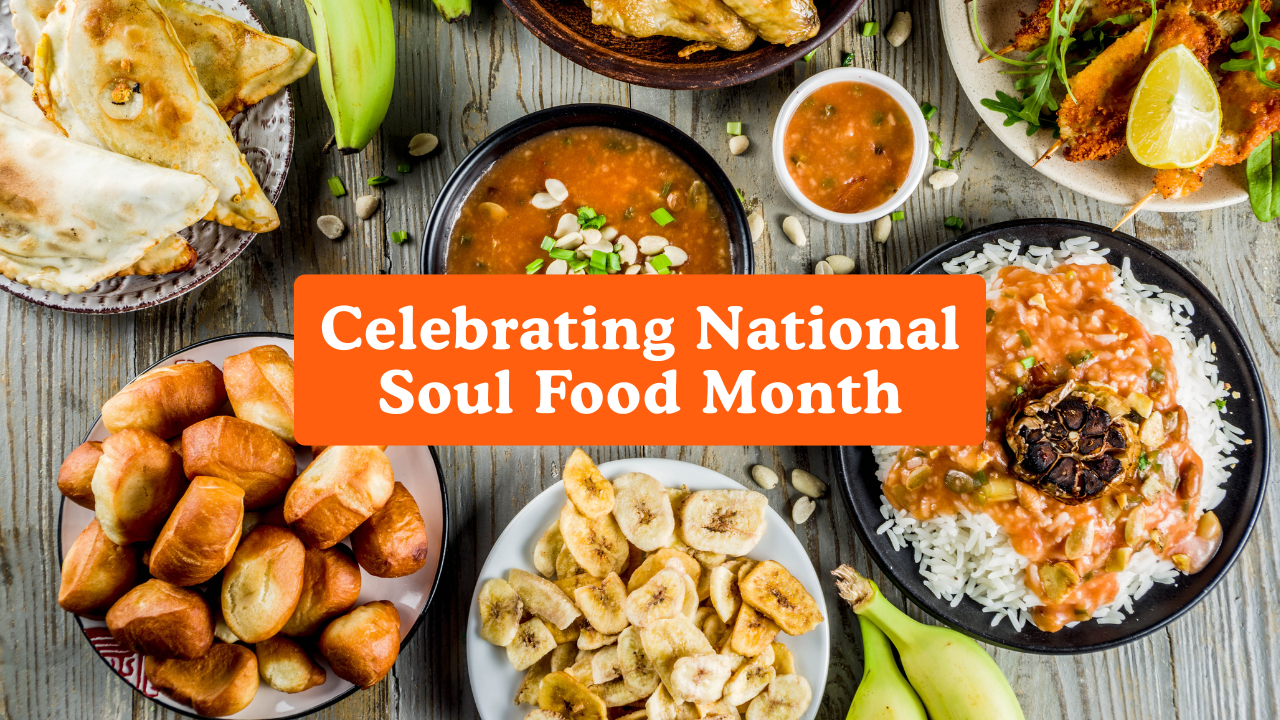Cinnamon is more than just a flavorful sprinkle on your morning oatmeal or latte. For centuries, it’s been used in traditional medicine across cultures and is now widely available in supplement form, promoted as a natural aid for everything from diabetes and weight loss to seasonal allergies and inflammation.
But a new study published in Food Chemistry: Molecular Sciences is giving us reason to pause—especially if you’re taking prescription medications or managing chronic conditions.
Let’s break down what this study found and what it means for your health.
Cinnamon: From Spice Rack to Science Lab
Cinnamon comes from the bark of Cinnamomum trees, with two main types widely used:
- Cassia cinnamon – Common in North America; higher in coumarin
- Ceylon cinnamon – Often referred to as “true” cinnamon; lower in coumarin
Cinnamon supplements have grown in popularity, especially for their supposed benefits in blood sugar regulation and weight loss. However, the National Center for Complementary and Integrative Health (NCCIH) notes that there is still not enough high-quality evidence to recommend cinnamon for treating any health condition.
New Research: Cinnamon & Drug Metabolism
In the recent study, scientists looked at the compound cinnamaldehyde, the active component responsible for cinnamon’s distinct aroma and taste. Here’s what they discovered:
- Cinnamaldehyde is fully absorbed in the body—whether you’re fasting or fed.
- Once absorbed, it metabolizes quickly into cinnamic acid.
- This compound can activate multiple receptors that play a role in how drugs are metabolized.
👉 Translation: If you’re taking medications, especially long-term, cinnamon supplements might interfere with how those drugs are processed in your body—potentially altering their effectiveness or increasing side effects.
Who Should Be Cautious?
The study and accompanying expert commentary from Dr. Leana Wen, a CNN wellness contributor and physician, suggest caution for individuals with the following conditions:
- Hypertension (high blood pressure)
- Diabetes
- Liver disease
- Cancer
- Arthritis
- Asthma
- Obesity
- Depression
- HIV/AIDS
Also at risk: Anyone taking blood thinners, medications processed by the liver, or other herbal supplements like turmeric, ginseng, or ginkgo biloba.
What About Regular Culinary Use?
The good news: sprinkling cinnamon on your toast or in your smoothie is unlikely to cause harm for most people.
The study raises concerns primarily about overconsumption—a term referring to high-dose cinnamon supplements, not small amounts used in cooking or baking.
🚫 The FDA Doesn’t Regulate Supplements Like You Think
Here’s a crucial point many overlook: cinnamon supplements, like all dietary supplements, are not regulated by the FDA the same way prescription medications are. This means:
- The FDA doesn’t verify their safety or effectiveness before they hit the shelves.
- Companies aren’t required to prove that their products work.
- You might not know how much of an active ingredient (like coumarin) you’re really getting.
✅ What You Can Do
If you’re considering cinnamon supplements—or currently taking them—here are some smart steps:
- Talk to your doctor or pharmacist before starting any supplement, especially if you’re on prescription medications.
- Stick to culinary use unless advised otherwise by a professional.
- Watch for interactions with other herbs and over-the-counter medications.
- Choose Ceylon cinnamon over Cassia if you’re concerned about coumarin levels.
Cinnamon can still be part of a flavorful, health-conscious diet—but like many things in wellness, more isn’t always better. Until we have more research, approach supplements with caution, and always loop in your healthcare provider before making changes.




